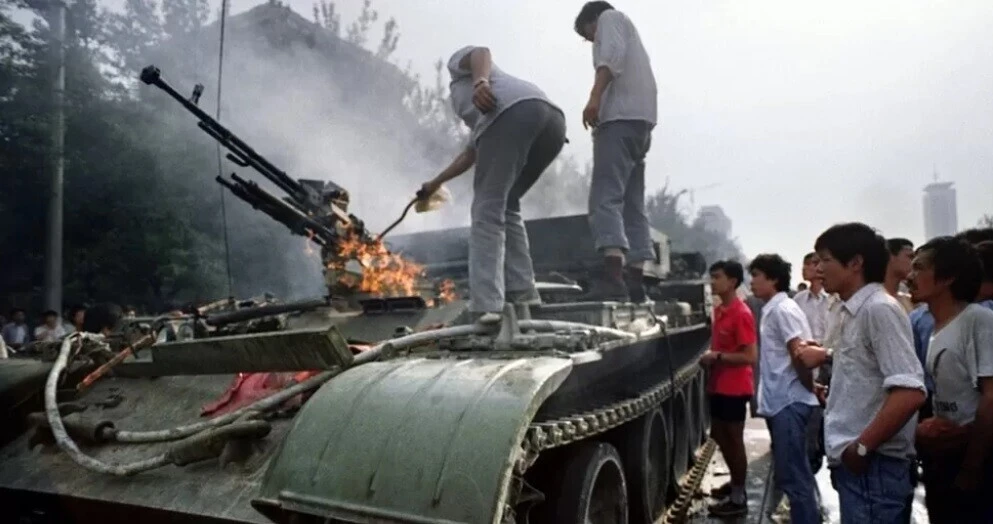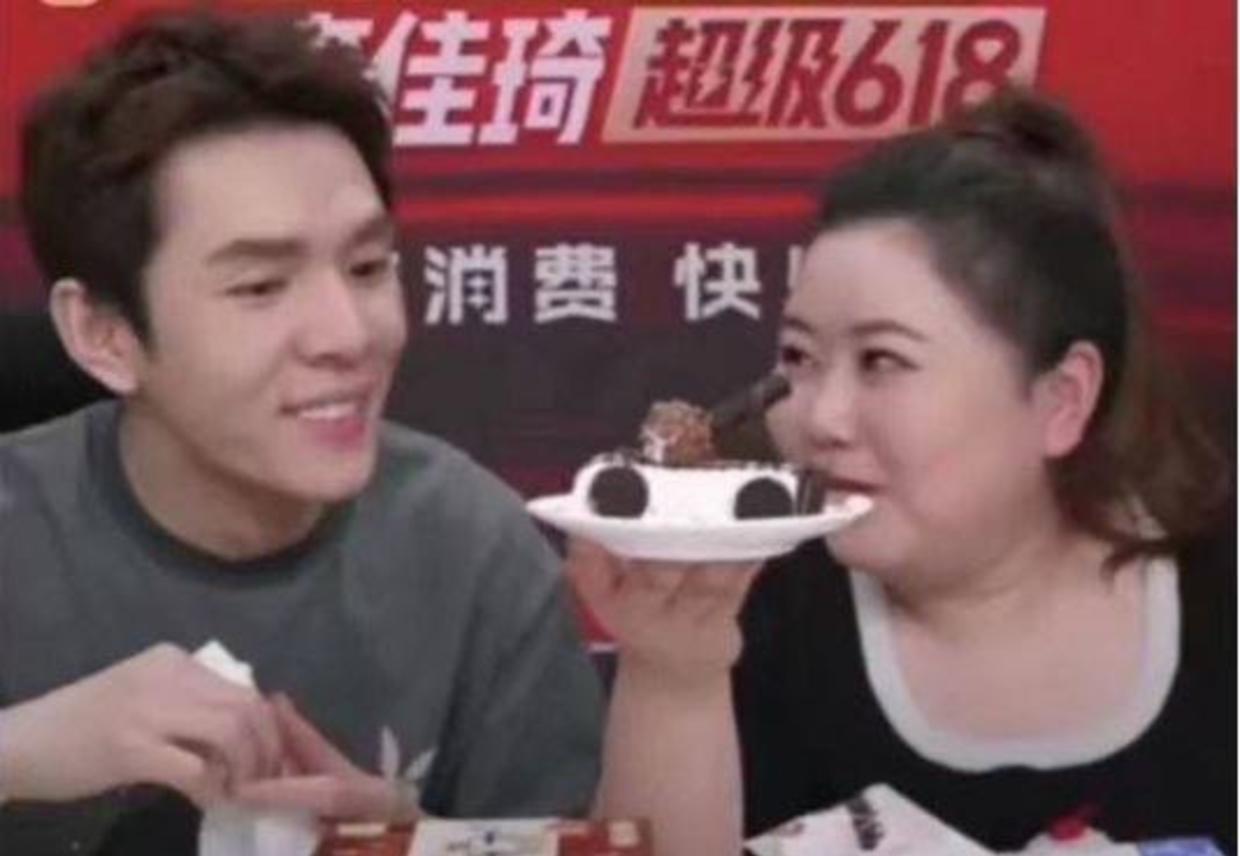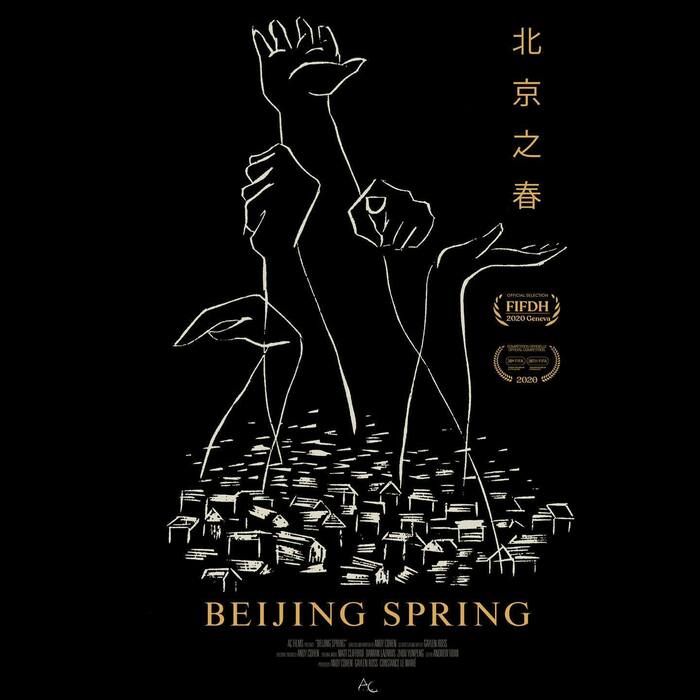The next days and weeks, perhaps months, are shaping up as a U.S. Tiananmen Square: direct confrontation between military and civilian forces in mass.
There are of course similarities and differences. All analogies melt when pushed loudly enough. Notably, the US civilians are conspicuously armed.
The question of threats and responses in Washington, DC, prior to and at the Inauguration, and beyond, including threats armed "protests" at all 50 US state capitols is a current concern. This past December 31, DC mayor Muriel Bowser requested mobilisation of the DC National Guard at the January 6 certification of the 2020 election, but that they specifically be unarmed. Plans now call for 15,000 national guard troops at the Inaguration. Carrying weapons.
Which raises the question of when one might even consider deploying unarmed troops.
- Arms or force might worsen the situation, increasing seditionists' violence.
- Poor troop discipline, morale, or loyalty might lead to misuse or outright rebellion.
- Armed conflict would further ralley the seditionists' cause. Or most importantly:
- Political will necessary for effective counterinsurgency would be lost, and major social rifts formed.
The optics of US military gunning down citizens, let alone operational, moral, and political concerns, are horrible, and would resonate for decades. There are few good choices.
Sun Tzu said:
In the practical art of war, the best thing of all is to take the enemy’s country whole and intact; to shatter and destroy it is not so good. So, too, it is better to recapture an army entire than to destroy it, to capture a regiment, a detachment or a company entire than to destroy them.
Hence to fight and conquer in all your battles is not supreme excellence; supreme excellence consists in breaking the enemy’s resistance without fighting.
Thus the highest form of generalship is to balk the enemy’s plans;
the next best is to prevent the junction of the enemy’s forces;
the next in order is to attack the enemy’s army in the field;
and the worst policy of all is to besiege walled cities.
…
Therefore the skillful leader subdues the enemy’s troops without any fighting; he captures their cities without laying siege to them; he overthrows their kingdom without lengthy operations in the field.
Disrupting platforms such as Parler, and revoking social media accounts, is effectively balking the enemy's plans.
A sufficient show of force against a rational foe might deter violence. This is in fact the principle purpose of a show of force.
Presumptions of the rationality of present foe may be poorly founded
Further: the US military has the capacity to move overwhelming force into the field of combat in moments should an unarmed guard be attacked with deadly effect. In a word, unarmed National Guard are bait. And a credible sacrifice as casus beilli.
Even unarmed, 15,000 troops 1) are 30,000 eyes and ears on the ground 2) can exert considerable force (including with less-lethal and hand weapons) 3) can be armoured 4) can be widely deployed to cover much ground and many critical points, and 5) can absorb considerable attack. Any assault against it would be quite costly.
From a legal and procedural standpoint under DC, Federal, adjoining states laws (Virginia, Maryland), Military procedure, rules of engagement, UCMJ, and international law, there are all but certainly considerations. (I'm all but entirely ignorant of this area.) Most notable is the Posse Comitatus Act of 1878, the "power of the country" for the purpose of preserving peace.
The question of where thresholds between civilians, mob, paramilitary, guerilla, terrorist, insurgent, and or rebel force are crossed is unclear to me.
Bluntly: the prospect of massed use of force against US citizens is an absolute last option, and major casualties against a strictly defensively postured peacekeeping force might well be the necessary sacrifice to make. If it does come to that, the line will already have been crossed to civil war.
(The question as to who the belligerents in fact are is a topic for another post.)
And to be absolutely clear: I do not sympathise in the least with the insurgents.
I'm not saying force cannot be used. But all other credible options will have to have been exhausted.
Interestingly, the New York Times raised this question in 2019: "Military Force Against Americans"
Under what circumstances, if any, may a president use military force within the United States or against Americans?
https://www.nytimes.com/interactive/2019/us/politics/military-force-against-americans-executive-power.html
One of the respondents was a Joseph R. Biden, Jr. He wrote then, largely with an eye to engagements outside US borders, though his second paragraph addresses the question: "Are any of these examples unlawful? Under what circumstances, if any, may a president use military force within the United States or against Americans?"
In rare instances in our history, citizens of the United States have engaged in violence against our nation from outside of our borders. The Supreme Court has held that U.S. citizenship alone does not immunize such individuals from being detained or even targeted. But even and perhaps especially in those unique circumstances, it is essential for our government to ensure attention to all applicable constitutional and legal requirements and protections. If and whenever possible, U.S. citizens who are captured in the course of hostilities should be prosecuted through our law enforcement and civilian criminal justice system.
Finally, with respect to the last example provided, I am not aware of circumstances that would have legally justified use of the Insurrection Act.
That awareness may change.
#MilitaryUseOfForce #Jan6Coup #Inauguration #PossseComitatus #CasusBelli #JustifiedUseOfForce #TiananmenSquare







